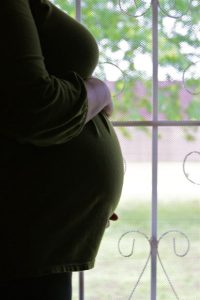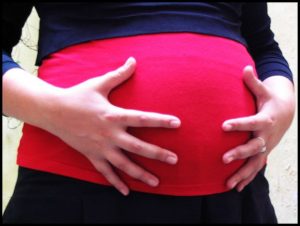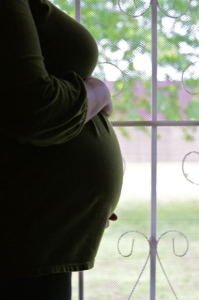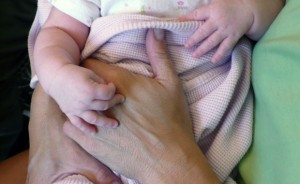A business in Hawaii has agreed to settle a pregnancy discrimination lawsuit filed by one of its former employees who alleged she was terminated from the company as a result of becoming pregnant. 
The company agreed to pay $65,000 in a resolution announced by the state’s Civil Rights Commission, which as part of the agreement also required the company to develop and implement a non-discrimination policy, including a policy that would provide training to managers and supervisors. The commission declined to reveal the name of the business or the complainant. However, according to the Hawaii Herald-Tribune, the company discriminated against the woman after refusing to reinstate her back to her position after she was on a pregnancy-related disability leave. The company also allegedly refused her a reasonable accommodation for her pregnancy-related disability and then ultimately fired her.
Plaintiff alleges she was also subject to derogatory comments about her pregnancy and the inconvenience it would cause the firm, and these began immediately after she disclosed her condition to her supervisor. Her manager informed her there were not enough temporary employees available to cover her pregnancy-related leave. Continue Reading ›
 Orange County Employment Lawyers Blog
Orange County Employment Lawyers Blog










